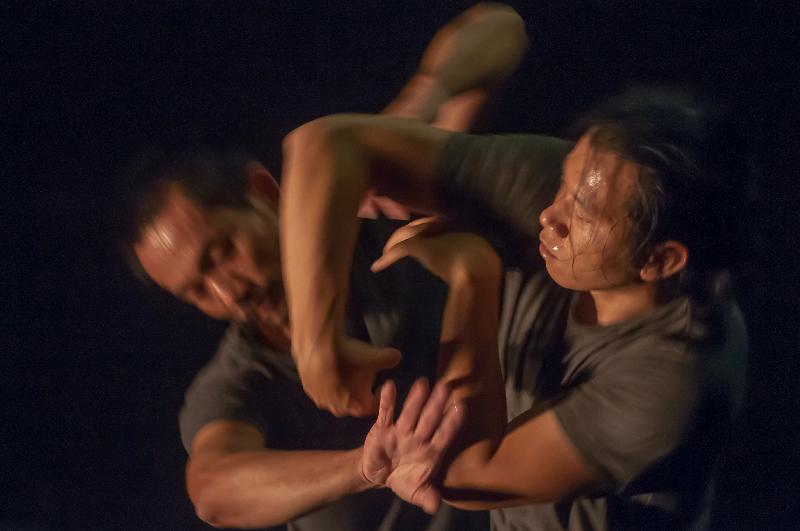Update on number of dengue fever cases
The Centre for Health Protection (CHP) of the Department of Health today (October 19) reported the latest number of cases of dengue fever (DF), and again urged the public to maintain strict environmental hygiene, mosquito control and personal protective measures both locally and during travel.
From October 12 to 18, the CHP recorded eight imported DF cases. The patients had been to Mainland China (five cases, including two epidemiologically linked cases), India (one case), Thailand (one case) and Vietnam (one case) during the incubation period.
A spokesman for the DH advised members of the public that according to the health authority of Guangdong, increasing numbers of local DF cases have been recorded in Guangdong recently, from 204 local cases in August to 948 local cases in September. The health authority of Guangdong announced that Guangdong has entered the peak season of DF and the number of local cases recorded was higher than the average in the same period from 2015 to 2017. Members of the public are reminded to adopt personal protective measures against mosquitoes to prevent mosquito-borne diseases such as DF when visiting Guangdong.
As of yesterday (October 18), 128 cases had been confirmed this year, of which 29 were local cases and 99 were imported cases. The imported cases were mainly imported from Thailand (31), Mainland China (19) and the Philippines (16).
DF remains endemic in some areas of Asia and beyond. The latest figures for 2018 revealed that 66 372 cases had been recorded in Thailand, 2 252 in Singapore (since December 31, 2017) and 145 in Japan. In Taiwan, 153 local cases have been recorded to date in 2018. In the Americas, the latest figures indicated that 44 048 cases have been filed in Mexico in 2018.
The public should take heed of the following advice on mosquito control:
- Thoroughly check all gully traps, roof gutters, surface channels and drains to prevent blockage;
- Scrub and clean drains and surface channels with an alkaline detergent compound at least once a week to remove any deposited mosquito eggs;
- Properly dispose of refuse, such as soft drink cans, empty bottles and boxes, in covered litter containers;
- Completely change the water of flowers and plants at least once a week. The use of saucers should be avoided if possible;
- Level irregular ground surfaces before the rainy season;
- Avoid staying in shrubby areas; and
- Take personal protective measures such as wearing light-coloured long-sleeved clothes and trousers and apply insect repellent containing DEET to clothing or uncovered areas of the body when doing outdoor activities.
To reduce the risk of infections spread by mosquitoes, apart from general measures, travellers returning from affected areas should apply insect repellent for 14 days (DF) or at least 21 days (Zika virus infection) upon arrival in Hong Kong. If feeling unwell, seek medical advice promptly and provide travel details to the doctor. DEET-containing insect repellents are effective and the public should take heed of the tips below:
- Read the label instructions carefully first;
- Apply right before entering an area with risk of mosquito bites;
- Apply on exposed skin and clothing;
- Use DEET of up to 30 per cent for pregnant women and up to 10 per cent for children*;
- Apply sunscreen first, then insect repellent; and
- Re-apply only when needed and follow the instructions.
* For children who travel to countries or areas where mosquito-borne diseases are endemic or epidemic and where exposure is likely, those aged 2 months or above can use DEET-containing insect repellents with a DEET concentration of up to 30 per cent.
The public may refer to the CHP's tips for using insect repellents for details.

